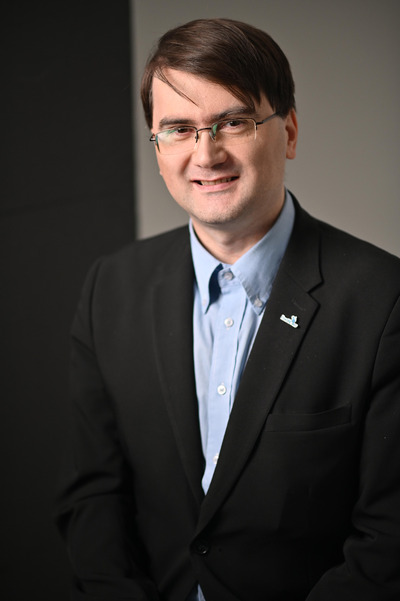IMO has decided on its GHG emissions goals, with the methanol fuel agenda being pushed globally: Bunker Market & Prices Digest
- According to the results of the first half of 2023, Russian ports showed significant throughput growth (more than 10%) compared to the same period 2022. The Russian seaports in the South basin demonstrated the dramatic volume growth, however, its true for all basins. In all of them handling of dry bulk commodities and container cargoes contributed to the half-year performance. To read more, please check the PortNews’ Relevant Topic section.
The International Maritime Organization (IMO) has adopted a revised strategy aimed at reducing GHG emissions from the shipping sector. The strategy sets a level of ambition of GHG emissions from shipping peaking as soon as possible and reaching net-zero 'by or around 2050. The document sets 'indicative checkpoints' of total shipping GHG emissions being reduced by at least 20%, striving for 30%, from 2008's levels by 2030, and by at least 70%, striving for 80%, by 2040. The strategy sets an additional ambition for uptake of zero- or near-zero-GHG emission technologies, fuels or energy sources to reach at least 5%, striving for 10%, of total energy demand from international shipping by 2030. The IMO's initial GHG strategy, set in 2018, envisaged a cut of least 40% in carbon emissions per transport work from 2008's levels by 2030, and a cut of at least 50% in the shipping industry's total GHG emissions by 2050. The measures chosen are envisaged to be approved at MEPC 83. The earliest point at which these measures could then come into force would be in 2027.
Meanwhile, Danish shipping giant A.P. Moller-Maersk has taken delivery of the world's first 2,100-teu feeder container ship with duel-fuel engine operating on methanol. The vessel (HMD Hull 4168) was built at Hyundai Mipo Dockyard Co. and Hyundai Heavy Industries Co.
MAN Energy Solutions has signed a Conversion Commitment Agreement with Seaspan Corporation (Seaspan) in collaboration with Hapag-Lloyd. Under the terms of the Agreement, MAN PrimeServ, MAN Energy Solutions’ after-sales division, will deliver 15 engine retrofit solutions for conversion of vessels powered by individual MAN B&W S90-type fuel-oil-powered engines from the Seaspan and Hapag-Lloyd fleets to dual-fuel ME-LGIM engines capable of running on green methanol. This agreement includes 45 optional engine retrofit solutions. Each conversion can provide a CO2 reduction of 50.000–70.000 Tonnes each year, when operating on green methanol.
At the same time, three Japanese companies: Marubeni Corporation, Biofuel technology research Co., Ltd. and Tabuchi Kaiun Co., Ltd. have jointly brought to fruition an initiative to supply a biofuel for vessels, which is a mixture involving approximately 24% biofuel combined with conventional bunker heavy oil (VLSFO). The Biofuel was manufactured in Japan using technology jointly owned by Marubeni and BTR. This is the world’s first initiative to fuel a fully-pressurized LPG carrier, the Buena Reina, a vessel operated by Tabuchi and chartered by Marubeni, with such biofuel. The three companies achieved safe navigation of the Buena Reina using the Biofuel with an approximately 19% reduction in CO2 emissions per voyage, leveraging Tabuchi’s various technical know-how in this area.
Getting back to Russia: it is worth noting that Russian President Vladimir Putin outlined at a meeting on inland shipping held in June, the importance of using environmentally friendly vessels (in particular, on electric propulsion) operating on Russia's inland waterways.









